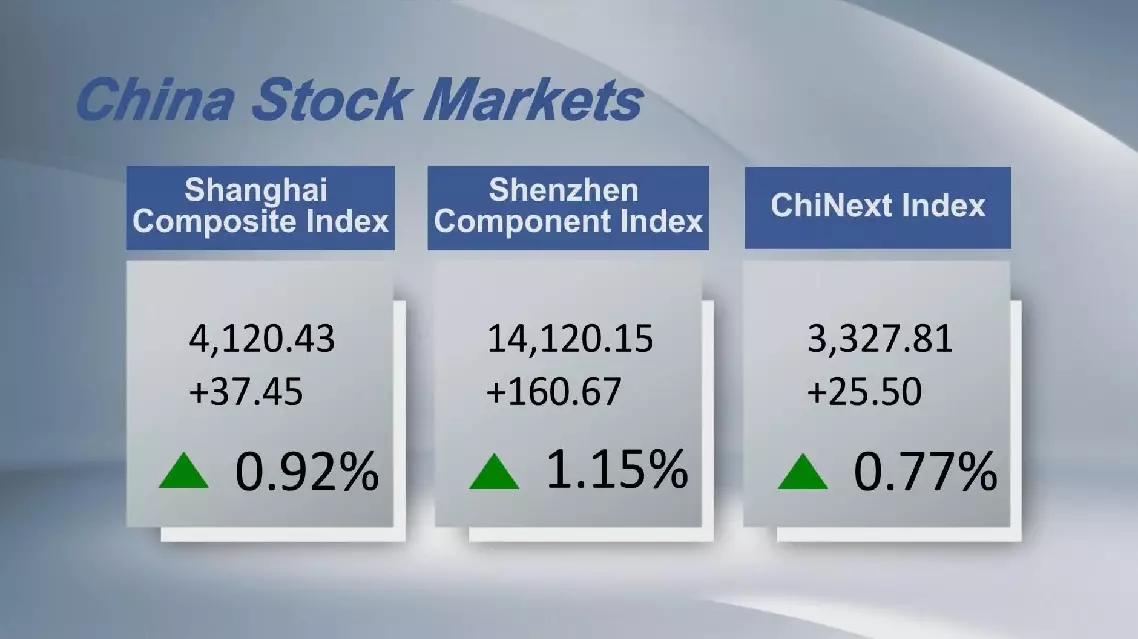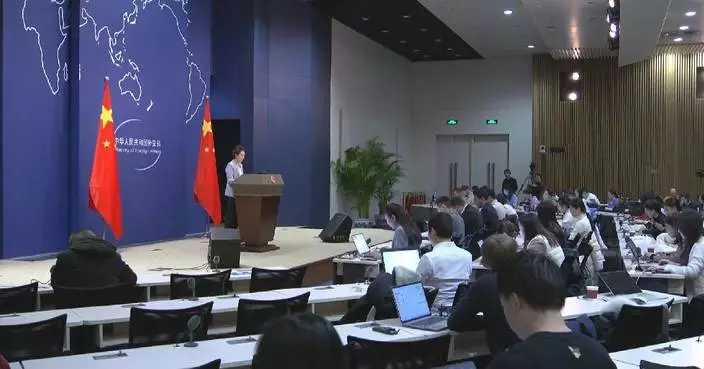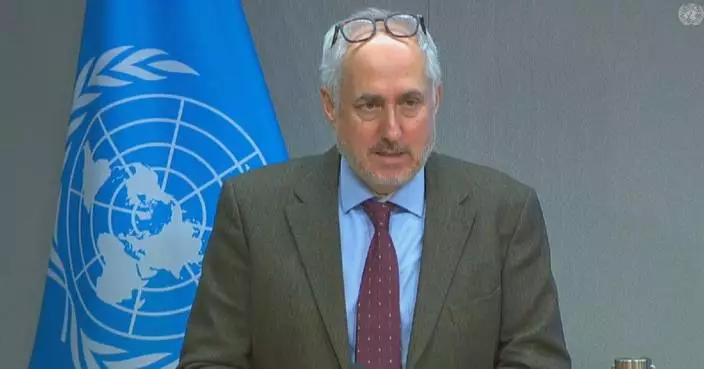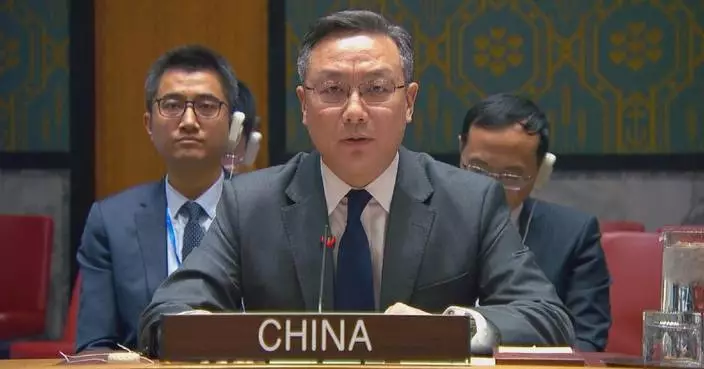Foreign visitors are canceling trips to the United States in record numbers as U.S. President Donald Trump's trade war escalated, with March seeing a nearly 12 percent decline year on year in arrivals. The U.S. tourism industry has long maintained a significant trade surplus with the rest of the world, generating about 1.3 trillion U.S. dollars in revenue for 2024 and supporting around 15 million jobs, according to the U.S. Travel Association. According to data from the U.S. International Trade Administartion, the decrease was particularly pronounced among visitors from Central America which dropped by 24 percent and Western Europe, down by 17 percent, with Germany and Spain showing the most dramatic declines at 28 percent and 25 percent, respectively. Notably, these figures exclude visitors from Canada, the largest source of international tourists to the United States. The U.S. Travel Association estimates that Canadians contribute around 20 million visits annually, escaping harsh winters to vacation in states like Florida, Arizona, and California, where they generate over 20 billion dollars in spending. But road trips from Canada to the United States have fallen by 32 percent, while the number of people returning to Canada by plane from the United States has decreased by 13.5 percent. This follows Canada's "shop local" campaign launched in response to U.S. tariffs, which has significantly impacted traditional winter sun destinations like Florida and Arizona. Industry experts suggest multiple factors are driving the trend, including the ongoing trade war's ripple effects, negative political rhetoric affecting America's image abroad, and stricter border controls creating an unwelcoming perception. The economic consequences could be severe. The U.S. Travel Association warns the sector might lose 72 billion dollars throughout this year. Goldman Sachs estimates that in the worst-case scenario, reduced tourism could cut 0.3 percent from the U.S. GDP, equivalent to some 90 billion dollars. Tourism Economics, an industry research firm, projected a 9.4 percent decline in international visitors to the United States in 2025 in its report released on April 3, a dramatic reversal from the nine percent increase it had originally forecast at the beginning of the year. Adam Sacks, president of the institute said that despite tourism officials' efforts to counter negative perceptions, the U.S. tourism still faces significant challenges given global backlash against Trump's policies.

Trump's trade war batters US tourism with sharp decline in inbound visitors









